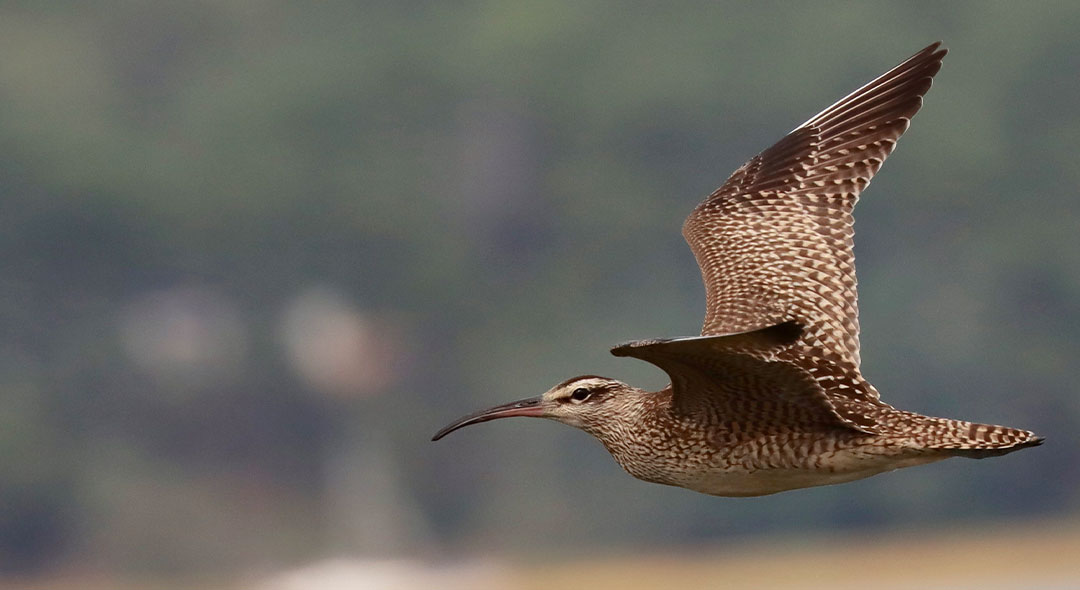According to reports this week, atmospheric carbon dioxide levels jumped significantly from 2011 to 2012, reaching just under 395 parts per million.
The measurements were taken by the National Oceanic and Atmospheric Administration at the Mauna Loa Observatory in Hawaii.
In an article on the new Mauna Loa findings, the Associated Press said many scientists believe it will now be difficult to achieve an international goal of limiting climate change to another 2 degrees Fahrenheit.
Eric Walberg, Manomet senior program leader for climate change, said that results like this emphasize the need to focus simultaneously on climate change adaptation and reducing greenhouse gas emissions (the latter known as climate change mitigation). Walberg is currently finalizing a series of reports – due to be released in early May – on climate change adaptation.
The 15 reports are the result of a multi-year Manomet study and were funded by the Kresge Foundation. The findings will examine landowner and landscape level climate adaptation planning as well as larger policy and payment for ecosystem services issues related to adaptation.
Walberg and other Manomet staff are also working to take the lessons learned from the project and develop a land registry that will help landowners and managers make their properties more resilient to climate change impacts.
Walberg said that one of the overarching lessons of the research was for communities and landowners to incorporate climate change planning into other projects.
“With the current economic situation, we need to be smart,” Walberg said. “We need to include adaptation planning with any infrastructure or community planning projects.”
He said also that dealing with increased precipitation and rising sea levels was a significant issue for New England communities.
“If there is a common theme, it’s water management and how to deal with flooding,” Walberg said.
Ultimately, however, Walberg noted that none of the adaptation will be useful if mitigation efforts do not gain traction.
“If we can’t do a good job limiting the extent of climate change, we’re not going to be able to adapt,” he said.
– Dave McGlinchey





 Back to all
Back to all